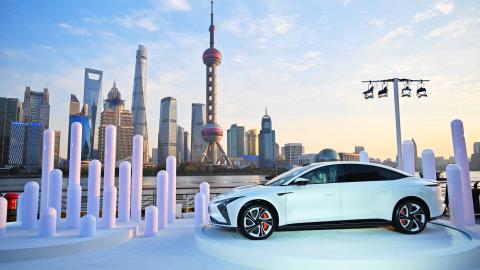The US has been the world’s technological leader since the end of the 19th century. This has made the country prosperous and secure. When the US leads the way in a new technology—as it did with the internet—Americans benefit economically. But US technological leadership is under assault, and the stakes couldn’t be higher.
In 2015, the Chinese Communist Party launched Made in China 2025—an aggressive and highly orchestrated industrial campaign to supplant the U.S. as the world’s pre-eminent economic power. The goal is to dominate the development and production of next-generation technologies, including electric and autonomous vehicles, information-technology and telecom equipment, advanced robotics and artificial intelligence. Using massive subsidies and an array of predatory and unlawful tactics—including industrial espionage, dumping, tariffs and quotas—Beijing has muscled aside American companies in critical industries. The failure of the Biden administration’s piecemeal approach in countering China’s ambitions has been alarming.

















